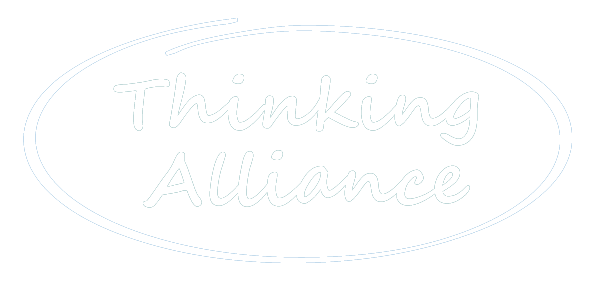08 Mar Getting Started
[testimonial author=”Karen Lamb, author”]“A year from now, you’ll wish you had started today”[/testimonial]
Just start. And keep re-starting. That’s the approach I’ve learned to take with projects – particularly difficult ones that I’m inclined to put off.
I’ve noticed that sometimes, perhaps in the name of procrastination, we can make the process of starting more complicated than it needs to be.
So we say to ourselves “I don’t know where to start” and because we worry about starting at the ‘right’ place (or about wasting effort by starting in the wrong place), we put off starting until we can figure out where that might be. But guess what? It’s almost impossible to work out where the right place is without starting somewhere, and in fact, most complex projects have any number of starting points. The trick is to find something – anything – that interests you right now about the project, and start from there.
“I haven’t got time to start that now” is another common refrain. It’s linked to the fear that a project will take more than the time we have available, and the false hope that some free time will magically appear at some point in the future. I don’t know about you, but I’ve never had one of those magic windows. Chances are, you’ll find yourself right up against the deadline, doing a rush job when you’re tired and stressed. When you look at most projects, however, what actually needs to happen is a series of many smaller tasks (eg talk to a colleague, skim-read a handful of websites) which can often be done in a matter of minutes. Yes, you almost certainly do need to schedule some quality thinking and planning time on a really important project, but if you’ve made a start on some of the preliminary steps, you’ll probably find the thinking comes more quickly and with a sharper focus.
OK, so if you can start anywhere, and you can start small, why haven’t you started yet? Chances are, you’re feeling blocked by a deeper fear or concern: “what if it goes wrong?” or even “what if I’m not good enough?” Sometimes, simply recognising that deeper fear enables you to acknowledge it and thus diminish it. An alternative approach is to use the fear productively, for example to brainstorm ways to make your project more likely to succeed. It can also help to keep in mind that you are not your project: it doesn’t define you. Remember the advice given to teachers: ‘judge the behaviour, not the child’.
Finally, don’t forget that just 12 minutes each day will add up to an hour’s work this week on your project.
Are you ready to start?

